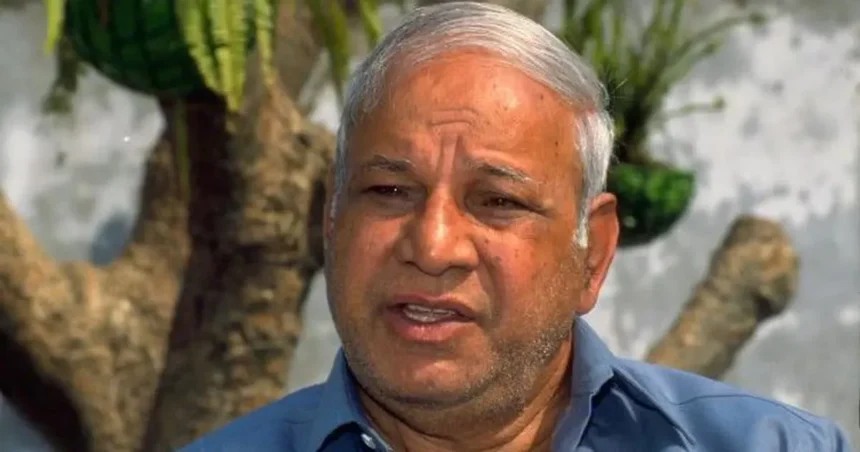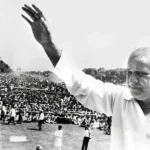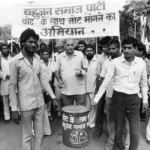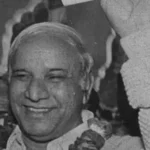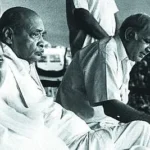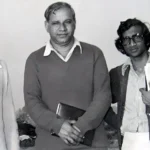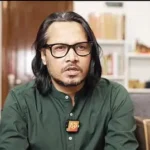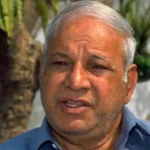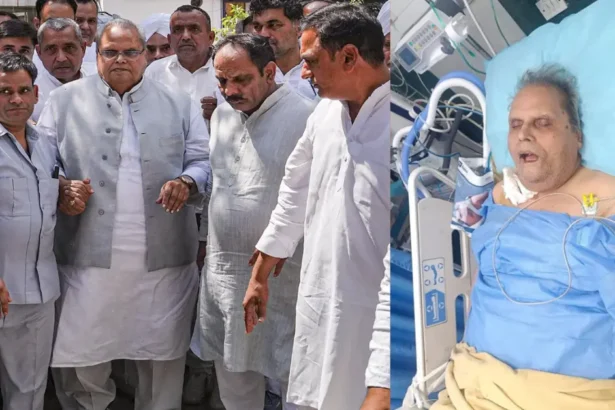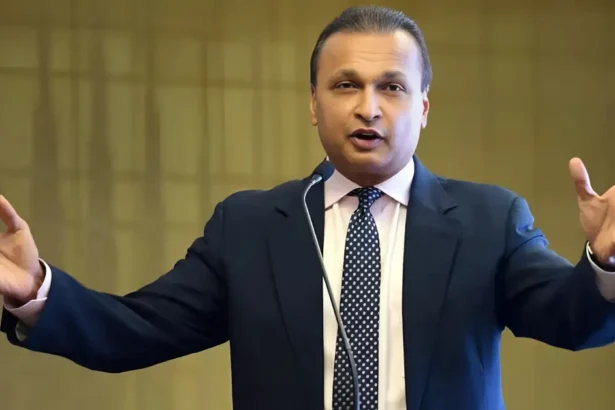Every year, Kanshiram Jayanti is celebrated on March 15th to honor the birth anniversary of Kanshiram, a towering figure in Indian social and political history. Known as the architect of the Bahujan political movement, Kanshiram dedicated his life to uniting marginalized communities such as Dalits, OBCs, Scheduled Tribes, and minorities under the vision of political empowerment and social justice. Kanshiram Jayanti is not just a remembrance of a leader’s birth but a celebration of a movement committed to ending caste oppression and uplifting the Bahujan community.
Early Life and Formative Years
Kanshiram was born on March 15, 1934, in a Ramdasia Sikh family in Pirthipur Bunga village near Khawaspur, Punjab. Unlike many Dalit leaders, Kanshiram’s early life was relatively free of caste discrimination due to his Sikh background, which he later credited for instilling a spirit of egalitarianism. He completed a Bachelor of Science degree in 1956 from Government College, Ropar.
His awareness of caste injustice, however, deepened as he traveled and interacted with marginalized communities across India. Kanshiram drew inspiration from the teachings of Dr. B.R. Ambedkar and other social reformers. He understood that political power was key to transforming centuries-old social hierarchies and that without representation, oppressed communities would remain voiceless.
Political Journey and Founding the BSP
Kanshiram’s political journey began in earnest with the establishment of BAMCEF (Backward and Minority Communities Employees Federation) in 1971, an organization dedicated to uniting Dalits, Scheduled Castes, Scheduled Tribes, OBCs, and minorities for collective self-empowerment. BAMCEF played a crucial role in mobilizing grassroots support.
Recognizing the need for a dedicated political platform to represent Bahujans (the majority composed of oppressed castes and minorities), Kanshiram founded the Bahujan Samaj Party (BSP) on April 14, 1984, the birth anniversary of Dr. B.R. Ambedkar. This was a strategic moment as the Mandal Commission report advocating OBC reservations was gaining national attention. His vision was clear: to create a political force that would overturn the social order dominated by the upper castes.
Kanshiram famously said, “Till the time we won’t be successful in politics and not able to have power in our hands, the social and economic transformation is not possible. Political power is the key to success.” His political acumen also involved the ability to seize opportunities, often described by him as calculated opportunism to advance his community’s cause.
Social Philosophy and Key Achievements
Kanshiram’s philosophy transcended just gaining power; he emphasized social transformation rooted in education, equality, and self-respect. He challenged Brahminism and caste oppression as the main barrier to Indian democracy’s true realization. He mobilized people through unique methods such as bicycle rallies, folk culture, and grassroots organizing to awaken Dalit consciousness across the social spectrum.
One of his notable achievements was laying the foundation for the BSP to become a major political force, particularly in Uttar Pradesh, India’s largest state in terms of politics. The party’s rise changed Indian political dynamics by empowering the previously marginalized Bahujans, resulting in Mayawati, his protégé, serving four terms as Chief Minister of Uttar Pradesh.
Kanshiram’s rallying cry, “We don’t want social justice, we want social transformation,” inspired many to understand that real change required dismantling systemic inequalities, not just temporary remedies. His leadership brought the Bahujan community from political invisibility to a decisive role-maker in Indian democracy.
Kanshiram Jayanti: Cultural and Political Legacy
Kanshiram Jayanti today symbolizes an ongoing commitment to the anti-caste struggle and Bahujan empowerment. The day is marked by rallies, tributes, and discussions that remind people of Kanshiram’s vision beyond electoral politics. It highlights a cultural renaissance that includes strengthening Bahujan pride and consciousness as key to societal change.
Although the Bahujan Samaj Party has faced challenges in recent years, Kanshiram’s foundational ideas continue to influence social activists, politicians, and scholars who seek to uphold his legacy of equality. His efforts laid the groundwork for broad alliances among Dalits, OBCs, Muslims, and other minorities to create a united political front against social discrimination.
Notable Quotes for Inspiration
Kanshiram’s words resonate deeply for those committed to social justice:
- “A community that doesn’t have representation in the political power, that community is dead.”
- “Till the time there is caste I’ll use it for the benefit of my community.”
- “Education, organization, and struggle — that’s the key to our success.”
- “We will not stop until we unite the victims of the system and overthrow the spirit of inequality.”
These quotes continue to inspire new generations striving for Bahujan empowerment and a society free from caste oppression.
Kanshiram’s Enduring Impact
Kanshiram remains an emblematic figure in India’s fight for social justice and political representation for marginalized communities. Kanshiram Jayanti is more than a birthday commemoration—it is a reminder of the enduring struggle for equality and the vital role political power plays in social transformation. His legacy lives on through the BSP and in the hearts of millions who continue to believe in the dream of a casteless and just society.
His journey from a rural Punjab village to becoming the champion of Bahujan identity exemplifies how determined leadership and grassroots mobilization can reshape history. Kanshiram Jayanti invites reflections on this legacy and continues to energize movements dedicated to ending caste-based discrimination in India.



